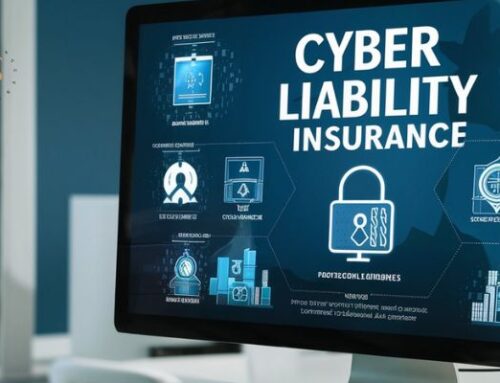A comprehensive information security program encompasses policies, procedures, and technologies designed to protect data and systems. It ensures confidentiality, integrity, and availability through risk management, access controls, and incident response. More than just an IT initiative, it’s a business imperative that safeguards your dealership’s reputation, compliance, and bottom line.
Key Components of a Comprehensive Information Security Program
A Qualified Individual to Oversee Security
Every dealership needs a dedicated security professional to oversee the program. This individual must be an experienced, trained technical cybersecurity professional responsible for maintaining and updating security policies, managing risks, and providing annual reports to dealership management about the state of the program.
Incident Response Plan
A security breach isn’t a matter of if—it’s when. An incident response plan outlines how to detect, respond to, and recover from cyberattacks. Regular drills and simulations ensure your team is prepared to act swiftly in a crisis.
24/7 Threat Monitoring, Hunting, and Response
Cyber threats don’t keep business hours, and neither should your defenses. A 24/7 security operations center (SOC) ensures real-time monitoring and response to threats before they cause damage.
User Account Management
Restrict access based on the principle of least privilege—employees should only have access to the data and systems necessary for their job. Regular access reviews and multi-factor authentication (MFA) help prevent unauthorized access.
Strategic Network Architecture
Your dealership’s network should be designed for security—this means proper segmentation, firewall implementation, and secure Wi-Fi configurations. A well-structured network minimizes the impact of cyberattacks.
Configuration Management
Misconfigurations are a leading cause of cyber incidents. Regular configuration audits and proper MFA implementation ensure security settings are optimized and enforced.
Device Lifecycle Management
From purchase to disposal, every device must be securely managed. This includes patching vulnerabilities, encrypting data, and securely decommissioning outdated hardware to prevent issues.
Security Patching
Unpatched software is a hacker’s best friend. Regular patch management closes security gaps in operating systems, applications, and hardware firmware, reducing exposure to exploits.
Multi-Factor Authentication (MFA) & Single Sign-On (SSO)
Simply having MFA doesn’t cut it. Many dealerships implement device-based MFA, which isn’t sufficient given the widespread use of cloud-based applications. MFA should be properly implemented and maintained, ensuring that authentication is application-based rather than device-based. Additionally, dealerships should look to implement Single Sign-On (SSO) to streamline authentication while enhancing security.
Data Backup & Reconstitution Testing
Ransomware and data loss events can cripple a dealership. Frequent, tested backups ensure critical business data can be restored quickly in the event of an incident.
Data Encryption
Sensitive customer and financial data should be encrypted at rest and in transit to prevent unauthorized access. Encryption is a key defense against data breaches.
Ongoing Vulnerability & Penetration Testing
Regular vulnerability scans and penetration tests help identify weaknesses before hackers do. But, for this to happen, the results of a test or a scan must be interpreted by someone with cybersecurity expertise and then the vulnerabilities must be appropriately prioritized. Then, the remediation of vulnerabilities must be carefully managed to completion.
Why This Matters for Dealerships
Beyond FTC compliance, a comprehensive information security program protects your dealership from financial losses, downtime, and reputational damage caused by cyberattacks. This is why a comprehensive information security program is required by the FTC and rewarded by cyber liability insurance providers.
Next Steps
If your dealership lacks a comprehensive information security program, now is the time to act. Whether you build an in-house security team or partner with experts, ensuring your dealership is protected is critical to your dealership’s long-term success.








